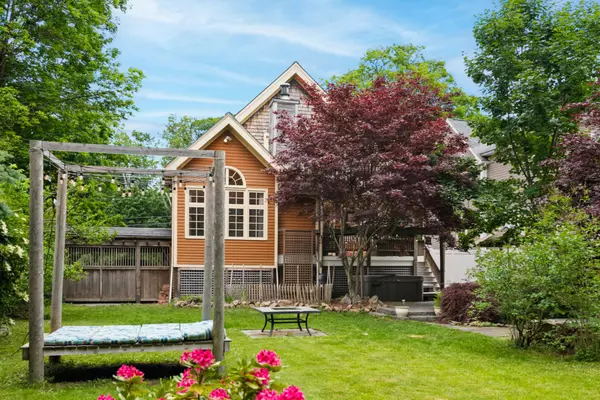Mastering the Deal: Secrets to Winning in Residential Real Estate Negotiations!

Knowledge, patience, and flexibility are vital in all real estate negotiations (and life). Being well-prepared, understanding your limits, and seeking the guidance of professionals can help you achieve the best outcome.
Here are our Secrets to Winning in Residential Real Estate Negotiations:
1. Understand the Market Dynamics:
- Buyer's Market: If properties are abundant and there are few buyers, this can give buyers leverage in negotiations. Prices might be lower, and sellers might be more willing to accommodate buyer demands.
- Seller's Market: Sellers have the advantage if there are more buyers than available properties. Properties might receive multiple offers, and buyers might have to offer above the asking price or concede certain contingencies.
2. Prior Research is Key:
- Investigate the property's days on the market (DOM). The seller might be more motivated to negotiate if it's been on the market for a while.
- Understand the property's history. Price reductions, previous sales, and other historical data can provide a better negotiation standpoint.
- Look at comparable sales (comps) in the area. They will indicate what similar properties are selling for, offering a foundation for your starting offer.
3. Start with a Fair Offer:
- Lowballing can alienate sellers from the start. Presenting an offer based on market research and the property's true value is crucial.
- Conversely, don't overshoot too much in a buyer's market, as you might end up overpaying.
4. Think Beyond Price:
- Negotiations encompass more than just the final price. Consider other elements like closing date, contingencies (like financing or inspection), items included in the sale (e.g., appliances or furniture), or potential repairs.
5. Be Ready to Walk Away:
- Sometimes, the best negotiation tactic is being willing to walk away. If a seller believes you're over-eager, they might be less inclined to compromise.
6. Effective Communication:
- Being respectful and open can go a long way. Even if negotiations get intense, maintaining a level head and courteous demeanor can keep the conversation productive.
- Understand the seller's motivations. They might be more flexible if they're in a hurry to sell. They might hold firmer on their price if they're not pressed for time.
7. Use a Skilled Realtor:
- An experienced real estate agent can be invaluable in negotiations. They'll have a deep understanding of market dynamics and comps and will often have insights into the seller's motivations. Their expertise can guide you in making informed decisions.
8. Contingencies are Powerful:
- Contingencies allow buyers to withdraw from a sale under specific conditions, such as a poor inspection result. While they protect the buyer, they can also be negotiated or waived to make an offer more appealing to a seller.
9. Closing Costs:
- Sometimes, negotiations can revolve around who covers the closing costs, which can be a significant amount. A buyer might agree to a higher purchase price if the seller agrees to cover these costs.
10. Post-inspection Negotiations:
- Once a property inspection is completed, additional room for negotiation is available based on the findings. Necessary repairs or issues can be a point of contention, leading to further negotiations on price or the responsibility of addressing the concerns.
Categories
Recent Posts

Insights from the "Experts" on the Housing Market Outlook for 2024

The Perfect Home Could Be the One You Perfect After Buying

Why the Economy Won’t Tank the Housing Market

Invest in Yourself by Owning a Home

People Are Still Moving, Even with Today’s Affordability Challenges

10 Reasons Why Buying Beats Renting Even with Soaring Interest Rates!

Maximizing Your Property: The Compact Guide to Accessory Dwelling Units (ADUs)

Unlocking Financial Flexibility: The Comprehensive Guide to Hard Money Loans

Exploring Equity Partnerships: A Win-Win Investment Strategy

Unlocking Real Estate Riches: 16 Creative Financing Strategies Every Investor Should Know
